Morals in times of Covid 19: Are rules equal to ethical codes? And can we forget about them now?
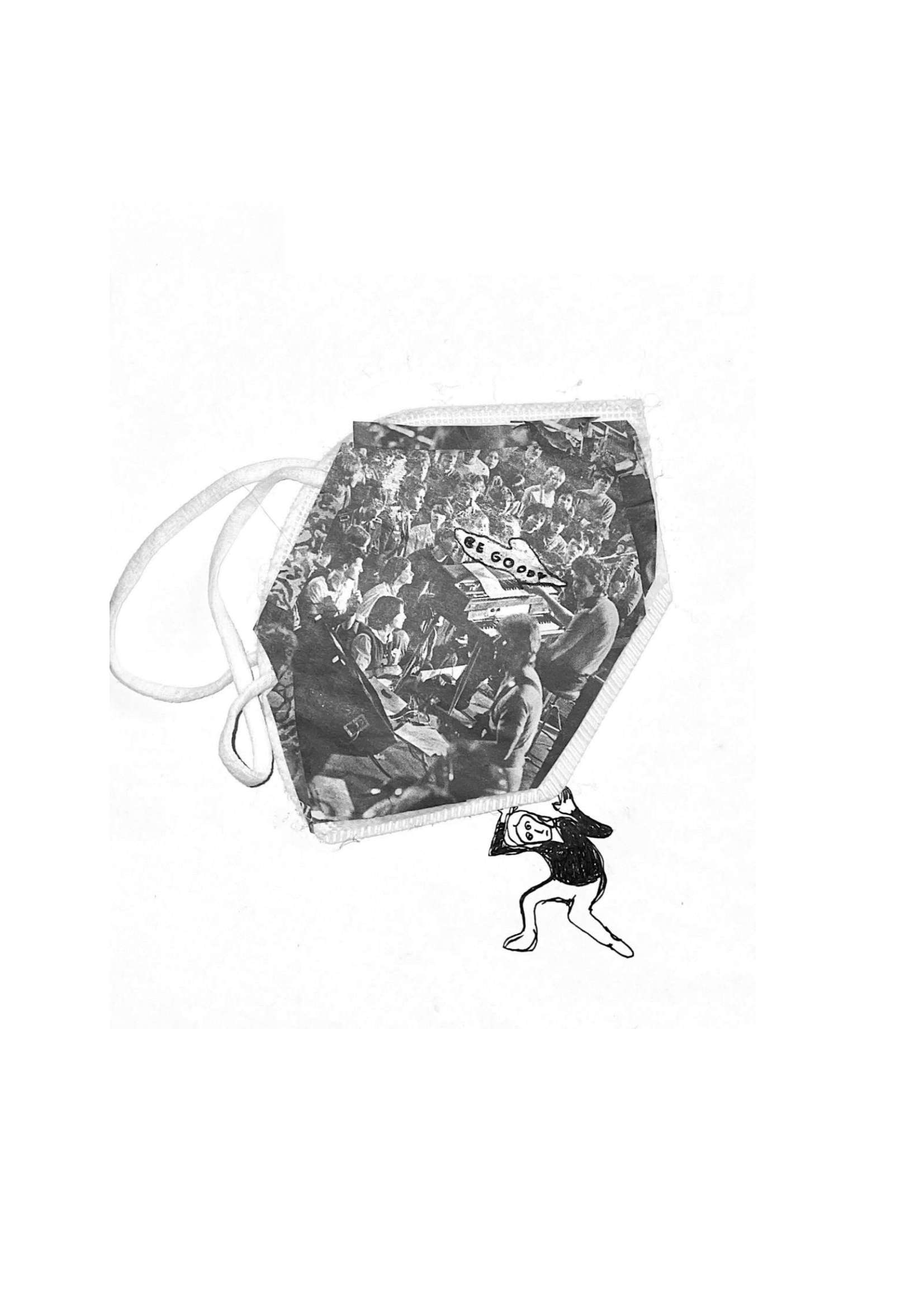
(Illustration by Anna Löhr)
Sometime in autumn, my roommates and I were having dinner when we heard music and people chanting down in the street.
This spirit, so unusual for Frederiksberg, where the streets usually go to sleep around 5pm, pulled us downstairs. We were singing along to the Rihanna song that was being played when we turned around the corner to see that the movement we had so excitedly joined was a demonstration against the vaccination. A bit shocked, we observed that the crowd, unexpectedly, did not consist of angry old white men, but of people our age. As if charged guilty, we went back upstairs.
What I was watching back then as an outsider is entering my environment more and more: A customer at work ripping off his mask, a friend who, after hugging me, told me that Corona was a lie, an angry neighbor spreading conspiracy theories on social media.
As society is becoming more split, we have to find a response to opposing opinions. Still, it is important not to simply put all of it in a box: to deny Corona is not the same as opposing the vaccination, which is not the same as not wearing your mask on public transport, which is not the same as going to a party, which is not the same as going to the cinema, or to lectures on campus.
In this puzzle, we have to adjust our moral compasses, and find out for ourselves what is reasonable to do and what is not.
While I leave the big moral questions like whether our democracy can assign handling compulsory vaccination to the ethics committees, I find myself confronted with everyday moral choices. These decisions are so different from anything else, since they affect a larger circle: the health and wellbeing of my friends, my family, my friends’ friends, my friends’ families, my classmates and my professors.
They reflect my political standpoint, but still have to accommodate my personal interests. Is it okay to be selfish in these choices?
Being less responsible about Covid is not the same as the typical jumping over a fence to break into a swimming pool we know from teenage movies: it does not have a good ring to it to loosen up a bit. But when do you have to protect your mental health? When is it okay to move the line from caring about society to caring about yourself?
For me it has been especially on the big dates, like Christmas, birthdays, and New Year’s Eve, when I had to choose between society and myself. On New Year’s Eve 2021, my friends and I were split about how to act responsibly.
In Germany, at that time, the government was forbidding meetings of over five people, only two households could meet up, with a curfew at 10.00. Still, we had not seen each other for about a year. What if we all took tests before meeting up, would that be safe? We arrived at the apartment at different times, feeling guilty and keeping our sleeping bags hidden on the way.
My brother´s friend opposed the vaccination, as he believed a family member of his had died due to it. What was the friend group supposed to do? Cut him out of their circle, leave him at home while everybody else met up? They chose to always select those restaurants, cafés and bars that would not care about the Corona passport.
When one of my roommates tested positive first, then negative, and then again positive, we struggled with the situation. When was he supposed to open his door? Who were we to decide whether he could use the apartment he was paying for or leave the space? The rules in Europe conflict so much, depending on who is German, Belgian, Norwegian and Danish, we each have our own sets of rules, a combined web of emotions and actual state regulations.
I never know what the right choice is
I guess we have all been in situations like this. Whether it involves cancelling our birthday party, the invitation to go clubbing in Sweden, or staying home instead of going to campus. For some, it might have gone further: maybe a distance grew between you and a friend, you had to break with a family member, or quit a job. I never know what the right choice is, and how should we?
We have never been in this situation before, we have not been taught about it in school and neither have our parents. The important point is not to make it hard for each other to make those decisions. To respect when somebody needs to be more careful, and to not get offended by the rules people set for themselves. That does not mean we cannot get agitated at self-made rules or government-made rules, but that we have to remain open to discussions.
The tricky point in these moral dilemmas is often the feeling of exclusion. All inclusive, seems to be the strategy the Danish government has chosen. Will it be like that? Or are the old rules already part of our subconsciousness? Will the fear of the pandemic and what we see in other countries prevent us from transitioning to a world where Corona is yet another flu? Or will we forget about it too fast?
It feels natural to throw away my mask, the one that I have been carrying in my coat pocket for the last two years. After all, this is our youth, and we are the people who are supposed to fill up the lecture halls by day and the bars at night.
For me, it is easier to return to the old normal than adapt to lockdowns. With the new rules, which advise us to restrict more or less nothing, do you still get a PCR test when you start to cough?
It feels absurd that as my train crosses the border to Germany, masks are to be put back on, a distance to be kept, tests to be taken, worries to be had. Yet, there is a sense of freedom in being able return to life (real life) here in Copenhagen, which makes it so easy to be a bit more careless.



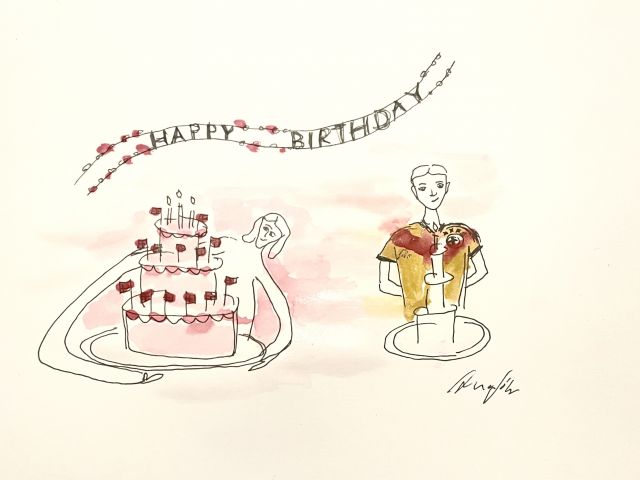
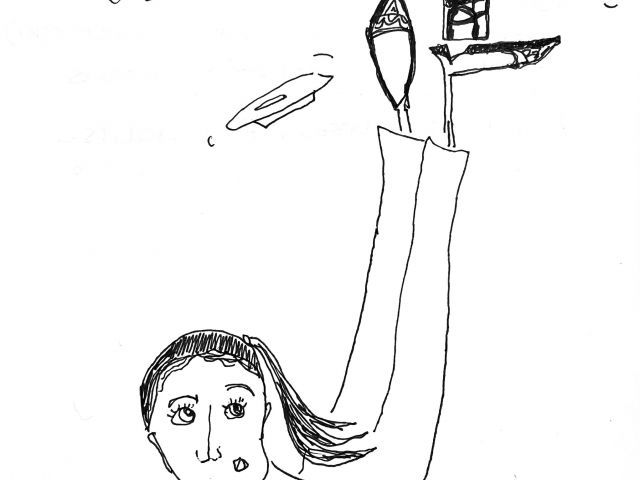
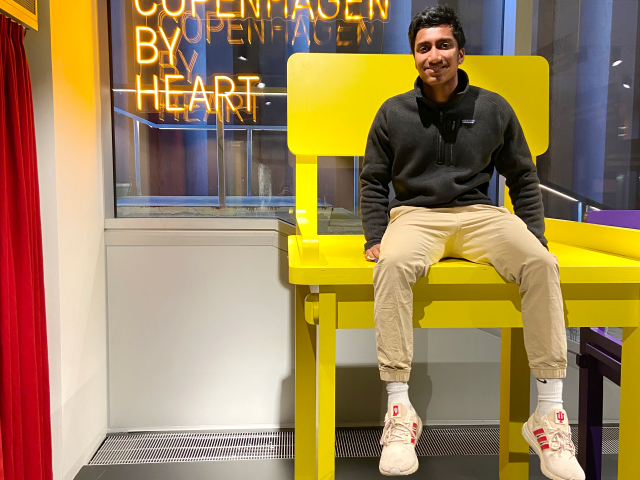
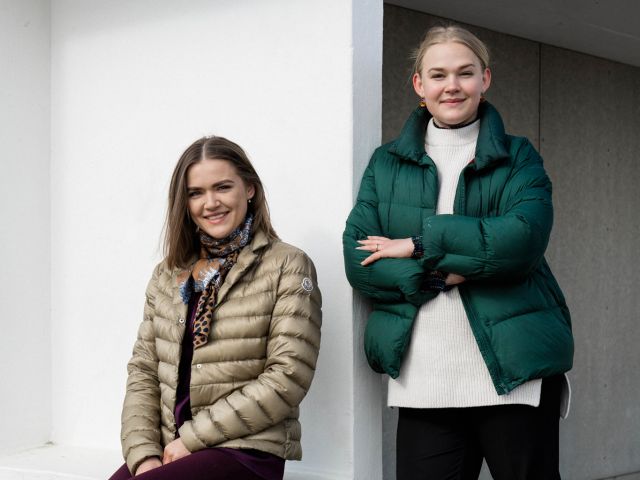




























































































































Comments